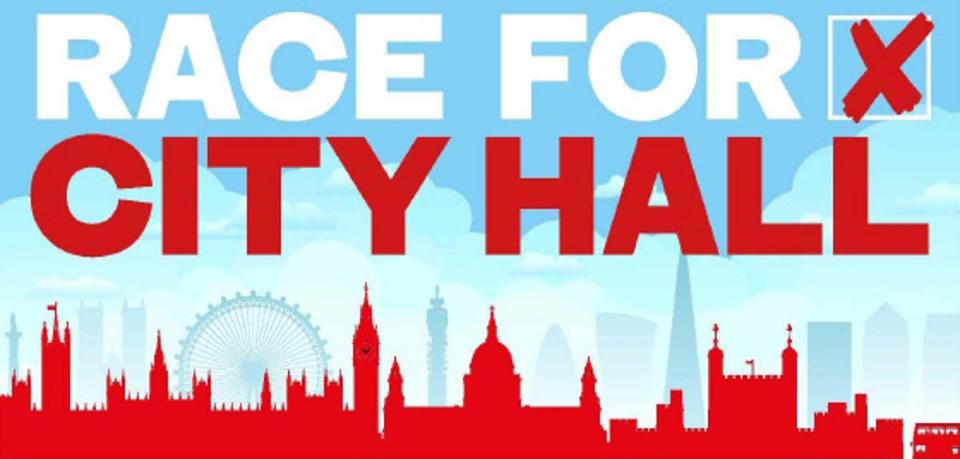A net -28% of surveyors saw a decline in new buyer enquiries in January compared to the month before, the RICS UK Residential Survey has found.
The number of listings also declined, as a net -38% of respondents noted a fall.
Tomer Aboody, director of property lender MT Finance, said: ‘As the property market waits with baited breath for March’s Budget, there has been an inevitable decline in transactions. Fear of the unknown is not helpful as far as market confidence is concerned.
“In the wider market there is hope that the Chancellor will provide more stimulus, whether that be in the form of a shakeup of stamp duty, even abandoning it completely or at least reducing it for downsizers.
“This would have the welcome effect of bringing more properties to market, putting a lid on price increases. Further continuation of financial assistance for companies would also be extremely welcome.
“The national lockdown is not helping the housing market. Although officially it remains open for business, many people are clearly waiting for lockdown to be relaxed before they continue with their sale or purchase.
“Although the Chancellor may be accused of kicking the can down the line if he opts for further assistance, it could turn out to be the way forward to ensure the economy doesn’t suffer irreparable damage in the short term.’
Jeremy Leaf, north London estate agent and a former RICS residential chairman, said: “There is no doubt that activity in the housing market is no longer at the dizzy heights that it was in the months before Christmas. Demand has weakened as the chances of gaining from the stamp duty holiday at the end of March have receded and lockdown restrictions have taken their toll.
“Nevertheless, on the ground, most sales are proceeding and very few are being re-negotiated but there is no doubt that transaction numbers will be considerably lower in the second quarter than they are in the first of 2021.
“Looking forward, we don’t expect a major correction in prices due to the shortage of suitable stock at the right price and in the right areas, as well as the inevitable re-emergence of pent-up demand when present restrictions begin to be lifted as vaccination rates pick up.”



